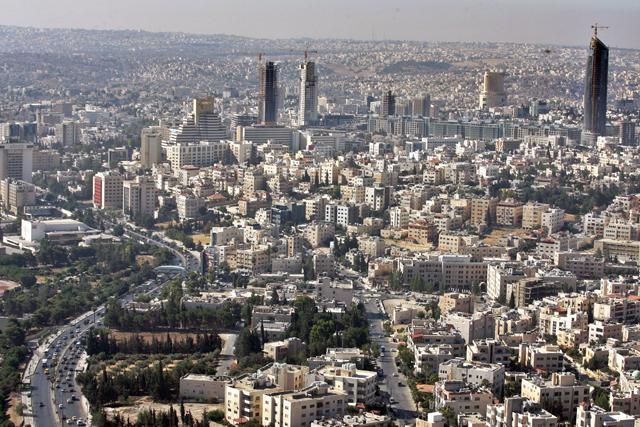You are here
Amman ranks 7th most expensive Arab city for expat employees
By Elizabeth Turnbull - Jun 28,2019 - Last updated at Jun 28,2019

Amman is ranked the 7th most expensive Arab city for international employees and the 75th most expensive city for employees sent to work internationally in Mercer's 25th annual Cost of Living Survey (JT file photo)
AMMAN — Amman ranks as the 7th most expensive Arab city for international employees and the 75th most expensive city for employees sent to work internationally, according to Mercer's 25th annual Cost of Living Survey.
Out of over 200 of the most assigned destinations for expatriate employees, Dubai is the most expensive Arab city, followed by Abu Dhabi, Riyadh, Lebanon, Manama, and Djibouti and Amman, according to the report.
Currency fluctuations, cost of inflation for goods and services, and volatility in accommodation prices all contribute to the overall cost of expatriate packages for employees on international assignments, according to the survey.
Mercer, a global consulting firm which claims to be the leading provider of data on the cost of living for employees sent to work abroad, compared more than 200 items in each location, including housing, transportation, food, clothing, household goods and entertainment. Hong Kong is ranked as the most expensive city for expatriate employees overall, according to the report.
Mohammad Nasser, an accountant at a company in Amman, said the city’s cost of living has been on the rise.
"The taxes and fees imposed by the government play an important role in increasing the burden and I believe the problem is also with the low or limited income that many employees receive," he told The Jordan Times on Thursday.
In addition, because the economy depends on imports, the prices of goods are raised as they go from distribution, to wholesaler and ultimately to the retailer, at which point they are taxed and prices are raised even more, according to economist Mazen Marji.
Both Marji and Nasser pointed to the high price of fuel, which also contributes to increased costs of living.
"There are repeated hikes in fuel prices and it costs more to use taxis and even rents of houses have not declined, and I myself have not received a raise to my salary since 2014," said Nasser.
Related Articles
AMMAN — Amman ranked as the 94th most expensive city worldwide in international consultancy Mercer's Cost of Living Survey 2021, improving b
Amman has dropped 14 places from 89 to 103 in Mercer’s 2014 Cost of Living Survey, which shows the most expensive expatriate destinations in the world.
Vienna, Austria's elegant capital on the Danube River, has again been commended as offering the best quality of life of any city in the world; Baghdad, once more, was deemed the worst to live in.
















